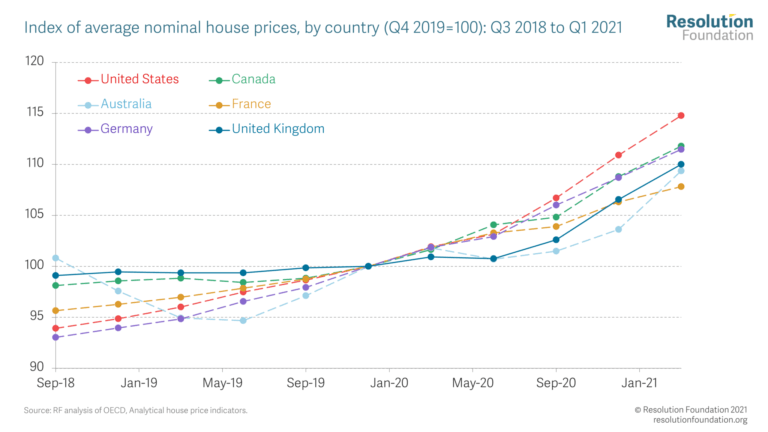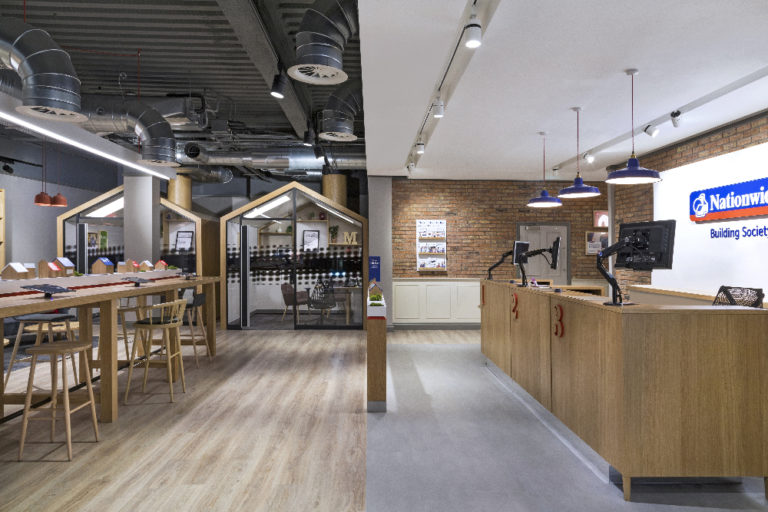Government-backed 95% mortgage is here – but there’s a catch
Money Talk is intended to inform and educate; it's not financial advice. Affiliate links, including from Amazon, are used to help fund it. If you make a purchase via a link marked with an *, Money Talk might receive a commission at no cost to you. Find out more here.
The government-backed 95% mortgage has officially launched, with Lloyds, Santander, Barclays, HSBC and NatWest among the first lenders out of the gate.
It means for a property valued up to £600,000, prospective homeowners (either first time buyers or current homeowners) will only need to have a 5% deposit for the purchase, with the mortgage making up the rest.
They will still need to pass the usual affordability checks though, and have money for extras like conveyancing fees and taxes.
The new scheme was first announced as part of the Budget in March 2021 to help get more people on the housing ladder, and to give an extra boost to the housing market.
To make the scheme work, the government has stepped in to offer lenders the guarantee needed to provide these 95% mortgages.
Essentially for the first seven years, the government will foot some of the bill in cases where the borrower defaults on their mortgage repayments.
The thinking is that after seven years, the borrower is unlikely to default.
This guarantee will only apply to new mortgage applications made between April 2021 and December 2022, as it’s introduced in response to the pandemic. After this, the government will review the pilot to decide whether or not to continue.
I personally feel that there is an inflationary element to this scheme – same as from the stamp duty holiday – that won’t benefit buyers in the long run.
Lenders may also take on more near-prime borrowers – the ones they might not ordinarily lend to – which may well have longer term implications.
There is another catch to this 95% mortgage though: many have said that they won’t lend in cases where the property is classed as a new build.
Just as well, given that there’s often a premium attached to new build properties that make them poor investments.
Read more: How to get a good mortgage deal






